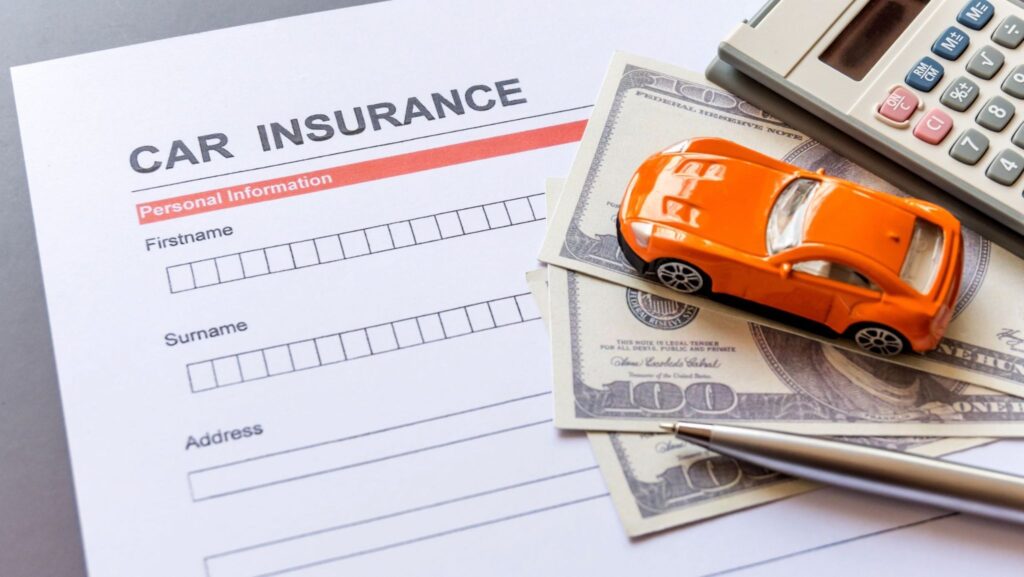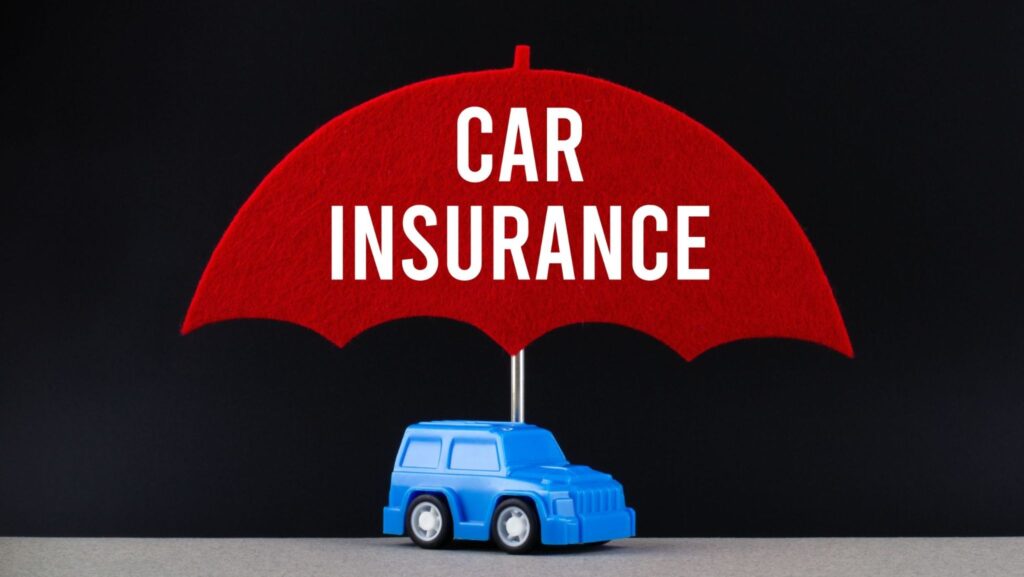
The United States makes about one million arrests annually for driving under the influence of alcohol and drugs. New Year’s Eve and New Year’s Day have the most DUIs, with an overnight spike in fatal crashes.
Getting car insurance after a DUI conviction can be a challenging and costly process. This mark on your driving record often builds an image of being a higher risk to insurance providers. That is why your premiums either get increased, or your policy gets cancelled.
You can say that the financial and administrative consequences can be significant, but you can still restore your coverage and rebuild your driving reputation.
Here’s how.
Understanding the Impact of a DUI on Insurance Rates
Some people think that getting a DUI won’t really change their car insurance rates. Your insurance company will probably charge you more if you have a DUI.
Your rate could go up anywhere from 20% to 100%, depending on the insurance company and how bad your DUI crime was. And so some companies might just outright refuse to cover you.
You might need to get insurance from high-risk companies, which are more expensive. If you behave well over time, these rates will usually start to go down.
Types of Coverage Available After a DUI
Depending on whatever kind of car insurance you are securing, you might undergo a variety of pitfalls.
Liability coverage does not shield an individual from legal action if they inflict harm on others or damage their property. For example, if a drunk driver hurts you, the driver faces civil liability for your damages as well as criminal prosecution, says car accident lawyer Mike Mitchell.
No matter if you were at fault or not, crash coverage will pay to fix your car if it gets damaged in an accident. This type of insurance, on the other hand, will pay for damage or loss caused by things like theft or a storm.
Uninsured or underinsured driver coverage will pay if you get into an accident with someone who doesn’t have much or any insurance.
You still have these choices out there; only, the costs may be high because you got a DUI. When choosing a service, think about what you need and how much money you have.
Finding Insurance Companies That Accept DUI Offenders
It can be hard to get car insurance after a DUI, but many companies are ready to work with people who have done wrong. Find out more about companies that sell high-risk insurance to start the process.
Some known insurance companies announce special programs to serve drivers with DUIs. Get quotes from more than one service company because prices can vary.
Ensure honesty in your insurance application process. Lack of transparency can cause problems. An independent agent familiar with all market intricacies will guide you in making the best choices.

Reviews and ratings can help you figure out if the company you’re working with is a good one that will stand by you, even if you have a DUI.
Tips for Lowering Your Insurance Premiums Post-DUI
Lowering your insurance premium after a DUI might be a challenge, but certain measures are available to ease this problem.
Get quotes from several companies; some companies do offer better rates for high-risk drivers. Then, raise your deductible to lower your premium if you can afford it in case of an accident.
Going forward, a clean driving record also helps, as safe driving is rewarded by the insurers. Try to avail discounts for defensive driver training courses or for bundling payments.
Conclude by assessing your actual coverage needs and discarding any unnecessary components. Achieving lower insurance premiums despite a DUI history requires both patience and steadfastness.
The Importance of SR-22 Filings and Compliance
Once you have a DUI charge, understanding the filing of SR-22 is important to get back on the highway legally and to avail of an affordable insurance plan.
While an SR-22 is not insurance, it is a document that says the holder has at least the minimum coverage needed by law. After a DUI, most states need you to get an SR-22 to show that you can pay your bills. Not filing an SR form can get you in more trouble and cause your license to be taken away, so it is best to follow the rules.
The SR-22 requirement imposes upon one an obligation to maintain it for three years or a longer period as prescribed by state law.
This rule will make your insurance more expensive, but it is a step toward getting your license back. Check in with your insurance company often to make sure that the SR-22 forms are still being recorded and kept up to date.




